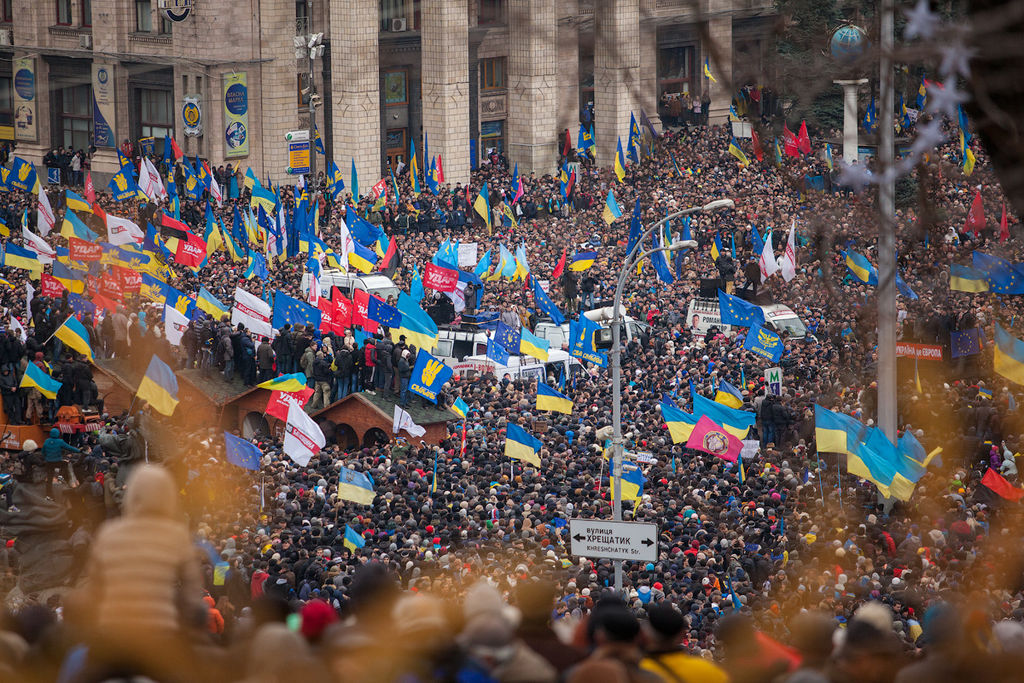
A massive social mobilization has led to the government’s defeat, one that routinely violated the constitution and basic principles of decency.
Thousands of voters engaged in monitoring the election process, with tens of thousands casting their votes away from their places of residence, thereby increasing the strength of their votes in terms of parliamentary mandates. The campaign was not, as usual, just a space for the candidates and their immediate supporters.
Citizens joined the campaign in droves. Not being members of any political party, they couldn’t expect any personal gain from this, but they did it for the cause: to remove a government they perceive as a threat. Without extraordinary voter turnout, there would be no opposition triumph. This is a commitment that politicians cannot afford to forget.
The turnout and per-election campaigns – the visible ones, aimed at the general electorate, including the convinced, and the more discreet ones, precisely targeting voters unsure whether they will go to the polls – proved decisive for a turnout that was unexpected and unanticipated in any analyses I know of.
Instrumental role was played by the emotion generated by Donald Tusk: the tangible manifestation of which were the giant marches in Warsaw and thousands of people at meetings in the Polish countryside. These rallies gave energy and hope, despite unfavorable polls. No election campaign has generated such personal adoration and interest in a leader. Tusk has built himself an authority, a personal standing and a bond with voters beyond mere political sympathies for the party and its leader. Since the times of Lech Wałęsa in the Solidarity era, there has not been a politician with such a personal standing.
At the same time, in the negotiations, which are commonplace in the reality of a multi-party government, Tusk is simply the leader of the largest of the four parties, where the size of the parliamentary club matters. It is hard to expect Tusk to mobilize the “street” against his own government, unlike the tension between his personal position and being the leader of one of the coalition political formations will translate into the realities of governance, and we will find out soon.
The fear that polarization would lead to the annihilation of smaller parties did not materialize. Emotions motivated voters, but they voted consciously. Tactical votes for the Third Way Party [Trzecia Droga] to help it cross the 8% electoral threshold gave it unprecedented support in the polls. This is a vote of confidence from opposition voters, not just fans of Hołowni or Kosiniak-Kamysz, and it can easily be wasted if triumphalism prevails. So far, the behavior of the leaders of the PSL and Poland 2050 does not indicate this.
The Left turned out to be a party of interesting candidates, but lacking in electorate. The combination of economic socialism and support for LGBT rights appeals to very few voters. Despite the good performances of Wlodzimierz Czarzasty at the October 1 march and Joanna Scheuring-Wielgus in the pre-election debate, the Left lost half of its 2019 votes and, consequently, seats. As long as Civic Platform maintains its traditional center-right identity (despite a significant liberalization of its electorate), the Left secures its survival, but not much more.
The Confederation has the opposite problem: it is a party with an electorate, but leaders who do not align with it. Real support for free-market demands among the youngest voters (unfortunately, climate change is not a high priority for most of them) does not align well with moral conservatism and Catholic orthodoxy. Both the Left and the Confederation are living on “borrowed time.” The emergence of a genuine offer for liberal voters (similar to Rafał Trzaskowski’s candidacy) will mark the end of these formations.
However, the biggest loser of these elections is ultimately not the Confederation but PiS. To defend against disintegration, Kaczyński will mobilize opposition to the necessary reforms of the coalition government at any cost. The Constitutional Tribunal, the National Bank of Poland, the National Broadcasting Council, the National Media Council, and above all, the presidential veto (Andrzej Duda’s term ends in May 2025) and the largest parliamentary club are the tools he will try to use to weaken the dismantling of the PiS state over the next one and a half years.
Politicians from this party will fight for their careers, and perhaps even their personal freedom. Unfortunately, it appears that a Polish-Polish conflict is looming with new intensity.
The article was originally published in Polish: https://liberte.pl/zwyciezcy-i-przegrani/
Translated by Natalia Banaś























